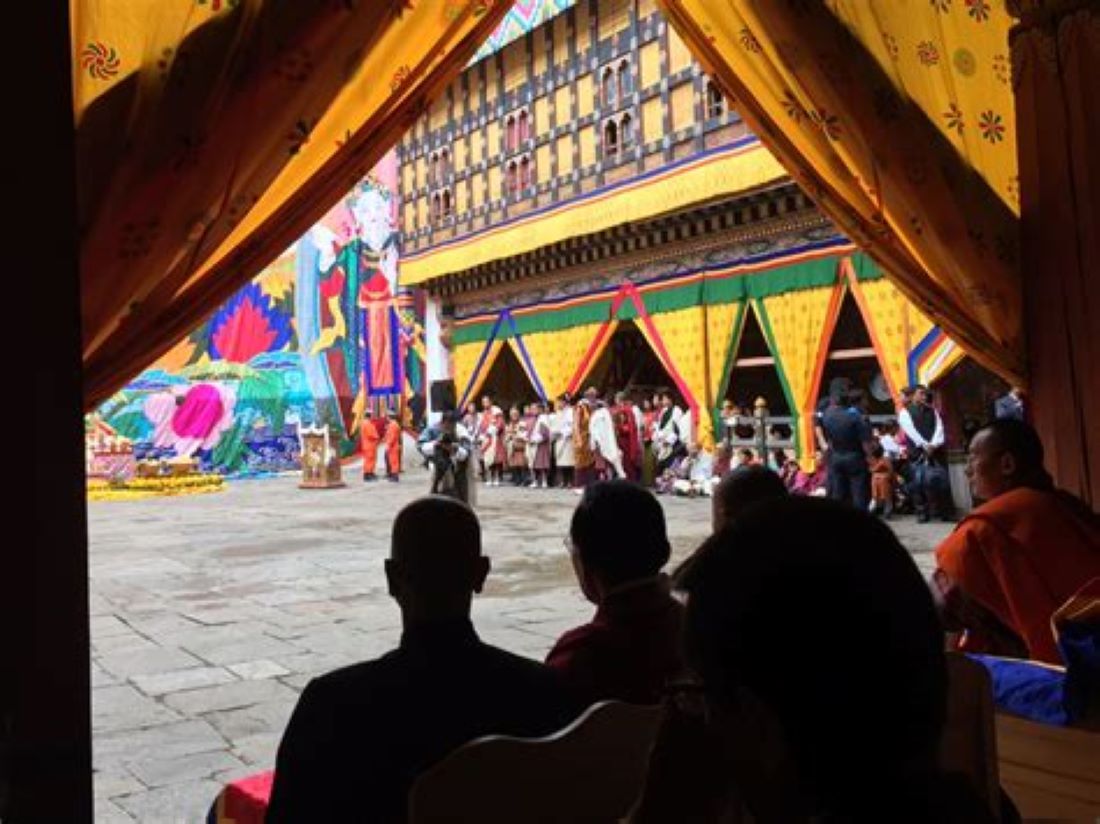
Kathmandu, Aug 29: A two-day international conference on the theme of ‘Exploring the Life and Living Legacy of Guru Padmasambhava’ has kicked off at Nava Nalanda Mahavihara, Bihar, India on Wednesday.
The conference is organized by International Buddhist Confederation (IBC), New Delhi in collaboration with Nava Nalanda Mahavihara (NNM), Nalanda under the aegis of Ministry of Culture, Government of India.
The Conference seeks to explore the life and legacy of Guru Padmasambhava in their various dimensions. More importantly, it focuses on the contemporary relevance of his teachings and the rich and diverse tradition associated with him.
Governor of Bihar Rajendra Arlekar, Vice-Chair of Lumbini Development Trust (LDT) Dr Lharkyal Lama and Ugen Namgyel, the Secretary/Chief Monk of Royal Bhutan Temple, Central Monastic Body, jointly inaugurated the Conference by lighting a lamp.
At the programme, LDT Vice-Chair Dr Lama elucidated on the contribution of Guru Padmasambhava. He argued that the life and teachings of Guru Padmasambhava has contributed to the promotion and expansion of the Tibetan Buddhism as well as inspired its followers.
Bihar Governor Arlekar described Guru Padmasambhava as the Second Buddha, dwelling on his life, education and lasting influence. He said Padmashambhava is credited with disseminating the Buddha Dhamma in Tibet, Nepal, Bhutan and the Himalaya region of India.
Chief Monk of Royal Bhutan Temple, Namgyel stated that efforts have been made through the conference to highlight the philosophy of Guru Padmasambhava. He expressed the conviction that the two-day conference will provide a deeper perspective on the life and legacy of Guru Rinpoche.
Namgyel stated that the conference has provided a common platform to the scholars and experts from Sri Lanka, Bhutan, Nepal and India to discuss on the various aspects of the life and contributions of Guru Rinpoche.
Representatives from more than 24 countries are participating in the conference. Guru Padmasambhava, famously known Guru Rinpoche, as the Sage of the Himalayas, lived in the eighth century in ancient India. One of the most revered figures in Buddha Dhamma today, he is considered as a pioneer and is credited with dissemination of Buddha Dhamma to numerous present-day countries that fall in the Himalayan belt region.
This conference will explore various facets of Guru Padmasambhava’s life to understand why he is still relevant in today’s times, according to the Concept Note of the Conference. As a legendary figure in the history of the Himalayan region, Guru Padamasambhava represents a consolidation of many strands of culture ranging from Yogic and Tantric practices to meditation, art, music, dance, magic, folklore and religious teachings. There will be a concerted effort to celebrate his Dhamma legacy through manuscripts, relics, paintings and monuments.
The legends and mythology surrounding Guru Padmasambhava vary from region to region. An interesting theme arising from this information is Guru Padmasambhava’s ability to contextualize and localize. While striving to spread the core tenets of Buddha Dhamma, he managed to understand the context of each place and act accordingly.
In retracing his footsteps, it is hoped that we get a glimpse of his approach to understanding cultures and reaching out to diverse groups of people. In addition to recognizing the differences, there will be an effort to identify the common thread that binds Guru Padmasambhava’s influence in all of these places.
Comments